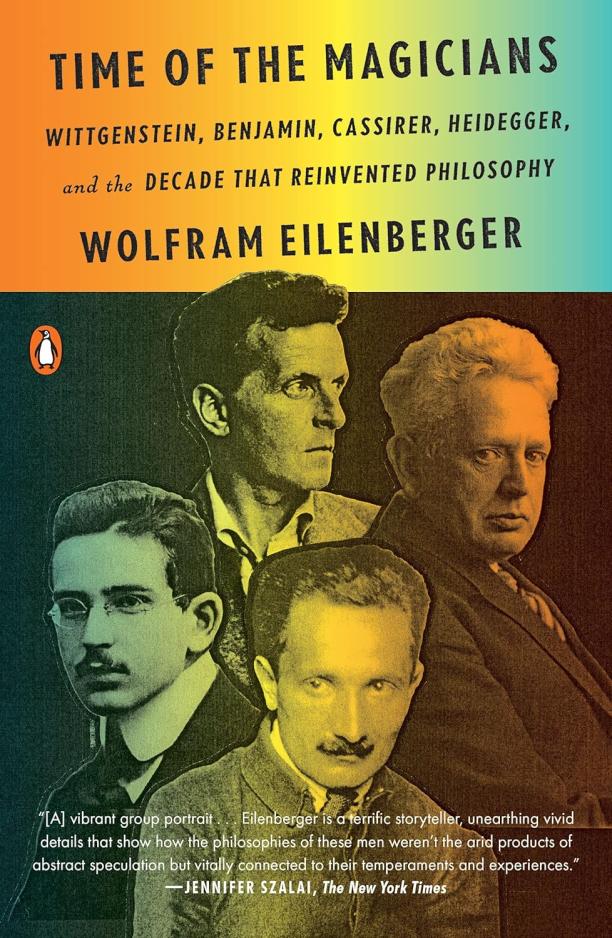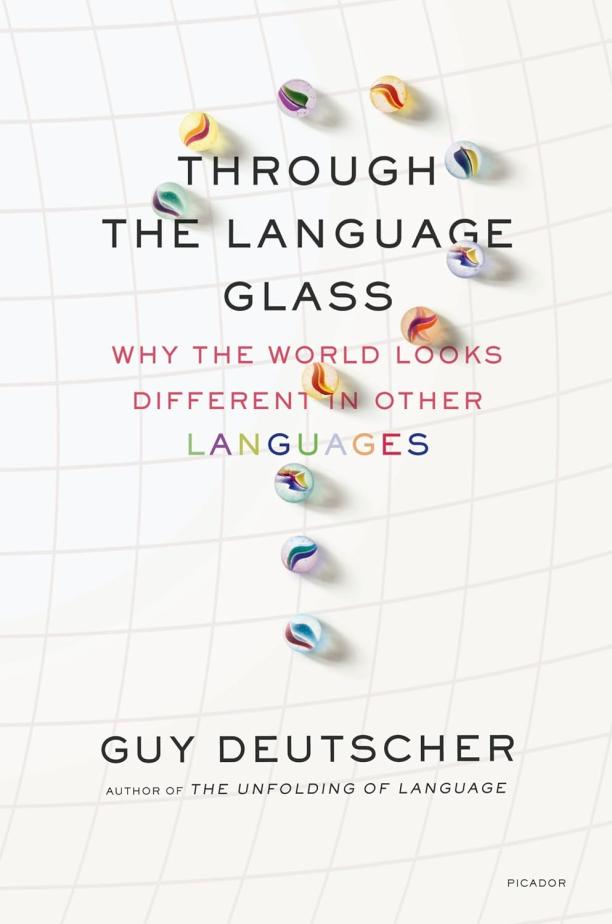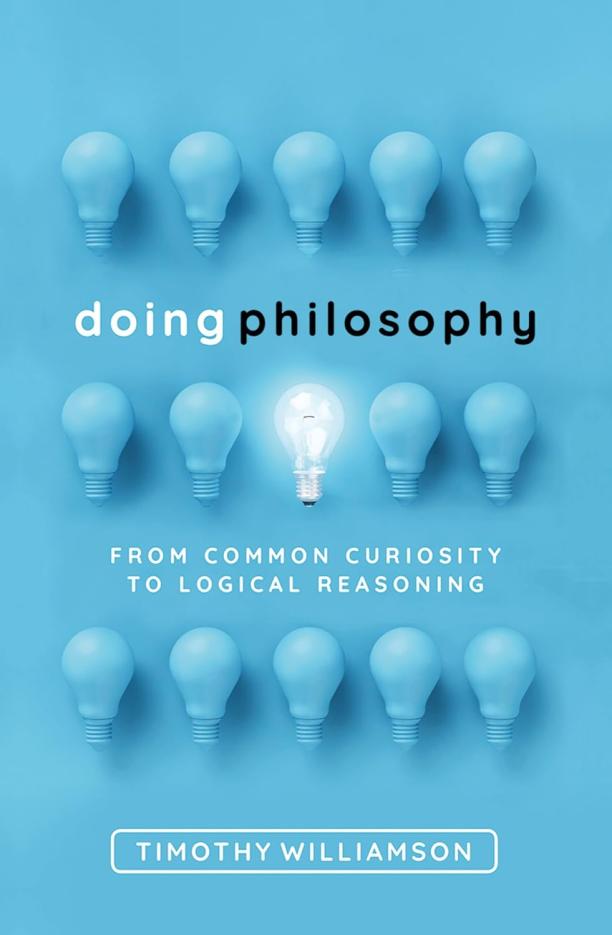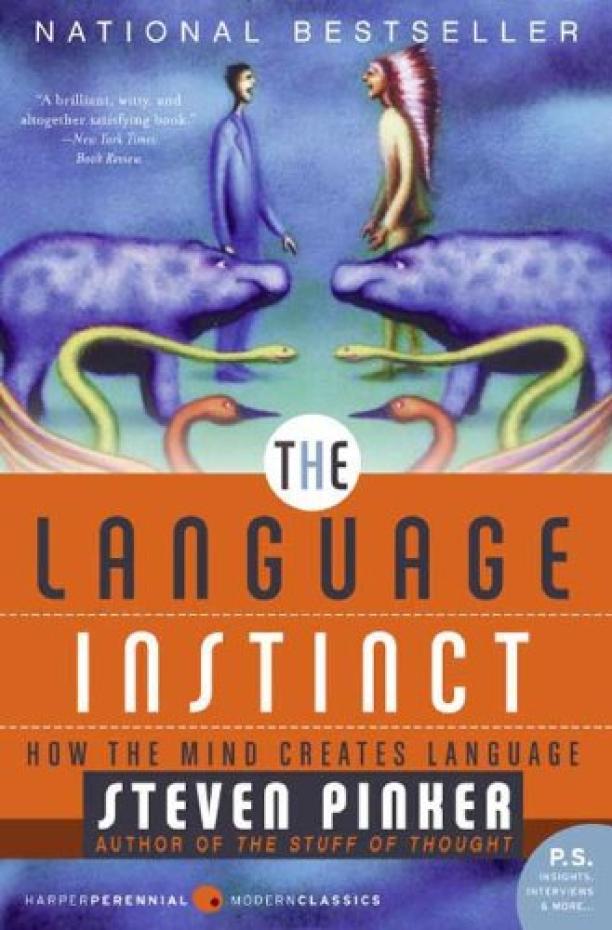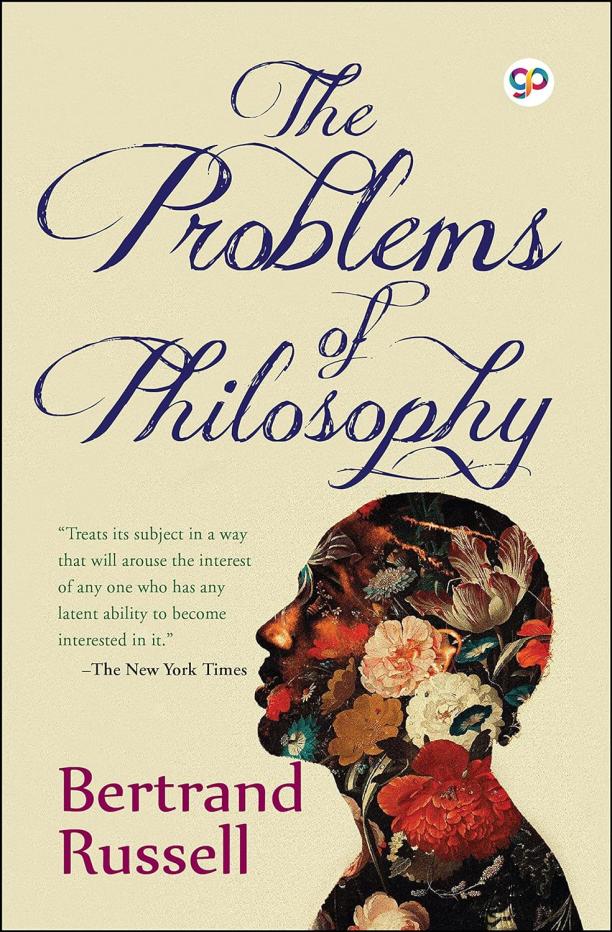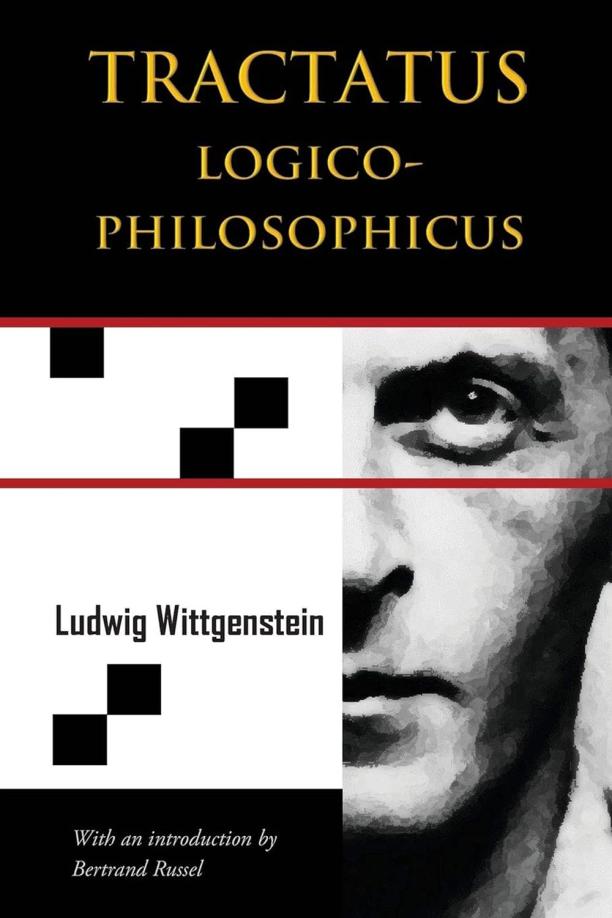Summary:
The book presents Wittgenstein's early philosophical work, which explores the relationship between language and reality, proposing that the structure of language reflects the structure of reality. It consists of a series of declarative statements, numbered and organized in a systematic outline, where Wittgenstein develops his picture theory of language, the idea of logical atomism, and concludes with the famous proposition "Whereof one cannot speak, thereof one must be silent."
Key points:
1. Language as Pictures: Wittgenstein suggests language works by forming "pictures" of reality. Words and sentences represent objects and their arrangements. A statement is meaningful if it can create such a picture and true if it accurately reflects reality.
Books similar to "Tractatus Logico-Philosophicus":
